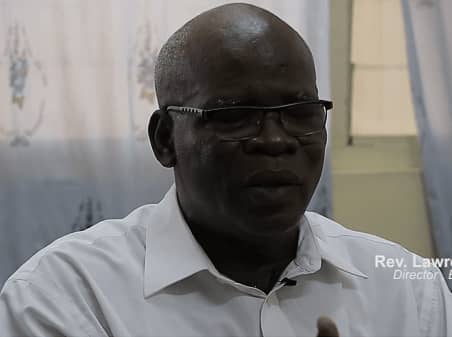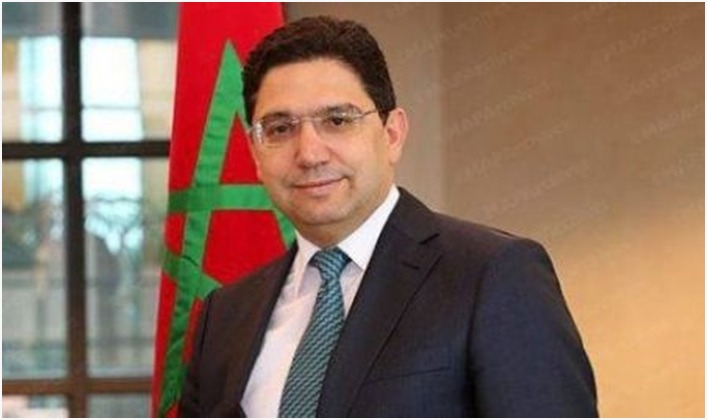The democratic governance system in Ghana serves as a broader reflection of governance challenges across the African continent, given the shared socio-political characteristics among African states. In Ghana, the adoption of a multiparty liberal democratic framework has evolved into what may be described as a “poisoned chalice.” Rather than facilitating development, it has undermined the nation’s progress and continues to present existential threats to its stability and institutional functionality. The detrimental consequences of this democratic experiment have repeatedly obstructed the pursuit of prosperity.
Traditional Ghanaian values such as respect for elders and communal decency have been eroded and supplanted by a distorted understanding of democratic ideals, particularly regarding freedom of expression. Instead of fostering a culture of responsible speech grounded in Ghanaian cultural norms, democracy has engendered a media environment rife with misinformation, character defamation, reputational damage, incendiary tribal rhetoric, and deliberate falsehoods. In this sense, freedom of speech has become less a tool for constructive dialogue and more a vehicle for social fragmentation and discord.
The ripple effects extend into key state institutions. The civil service, educational system, security services, labour unions, religious organisations, chieftaincy institutions, and even the judiciary have all been undermined by the divisive and self-serving tendencies that democracy fosters within an already heterogeneous society. The once-cohesive social fabric has been severely weakened by entrenched partisanship, individualism, and greed.
Moreover, democracy has become an impediment to socio-economic development, frustrating attempts to address systemic challenges. Efforts to combat illegal mining, for example, have been politicised to the extent that no administration dares to act decisively for fear of electoral repercussions. Similarly, anti-corruption measures are undermined by concerns of alienating specific constituencies, tribes, or political blocs, thereby perpetuating impunity and weakening institutional accountability. In this sense, democracy in its current form entrenches division and hinders effective governance in Ghana and, by extension, other African societies.
To mitigate these challenges, Ghana should consider adapting Western democratic models to better align with African cultural realities. The present structure of liberal democracy has not advanced national development but has instead left Ghana directionless, akin to “wandering in a thick fog.” Ghanaians must recognise that the fundamental challenge to national progress is not merely corruption, as widely propagated by Western narratives, but the governance model itself.
The argument advanced here is that every national problem is rooted in its system of governance, and Ghana is no exception. The adoption of a modified governance framework, such as a Unit-Party Rotating Leadership system, could potentially provide the stability, cohesion, and cultural alignment necessary for Ghana to achieve its long-term developmental aspirations. If pursued decisively, this alternative model could enable Ghana to attain its desired trajectory of progress within the span of half a century.
Nana Boakye (UK)



